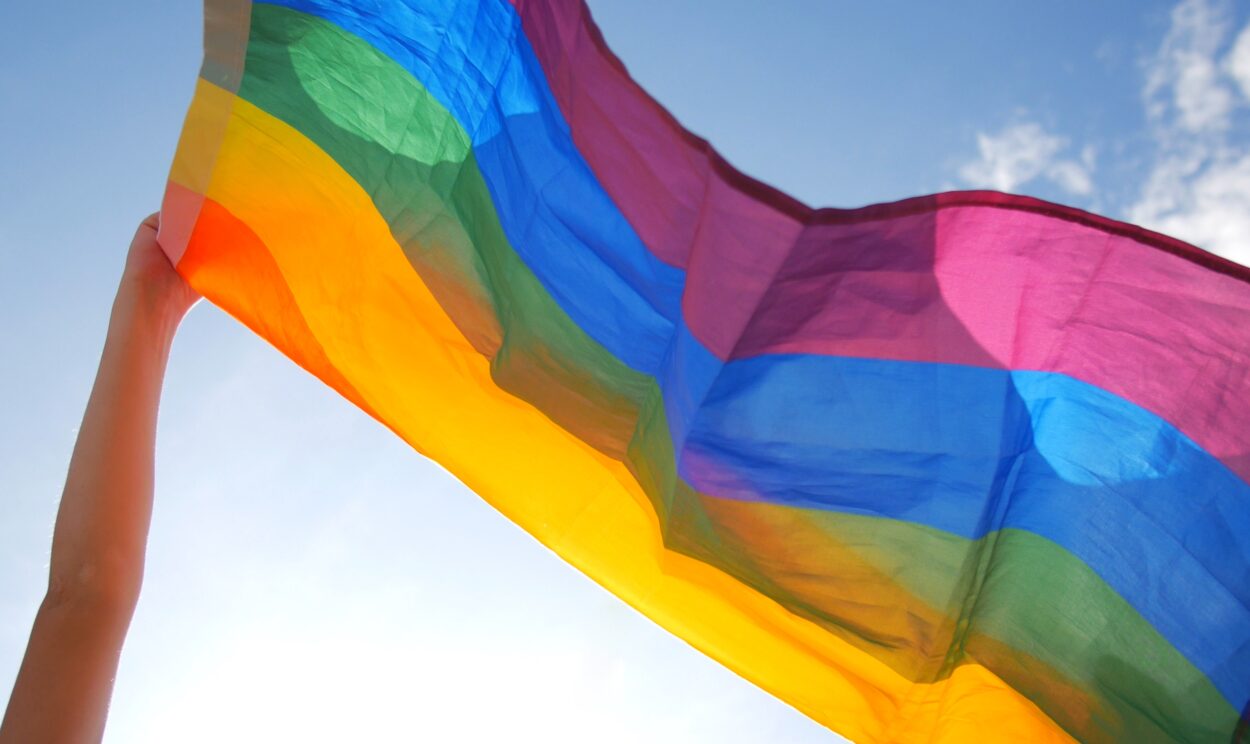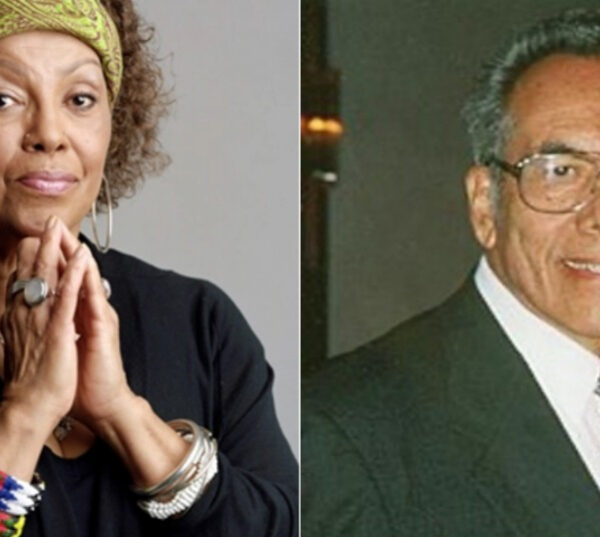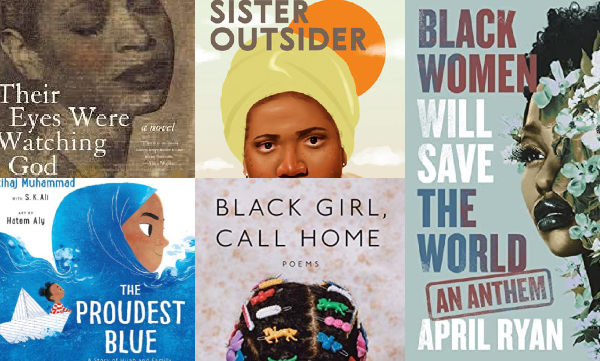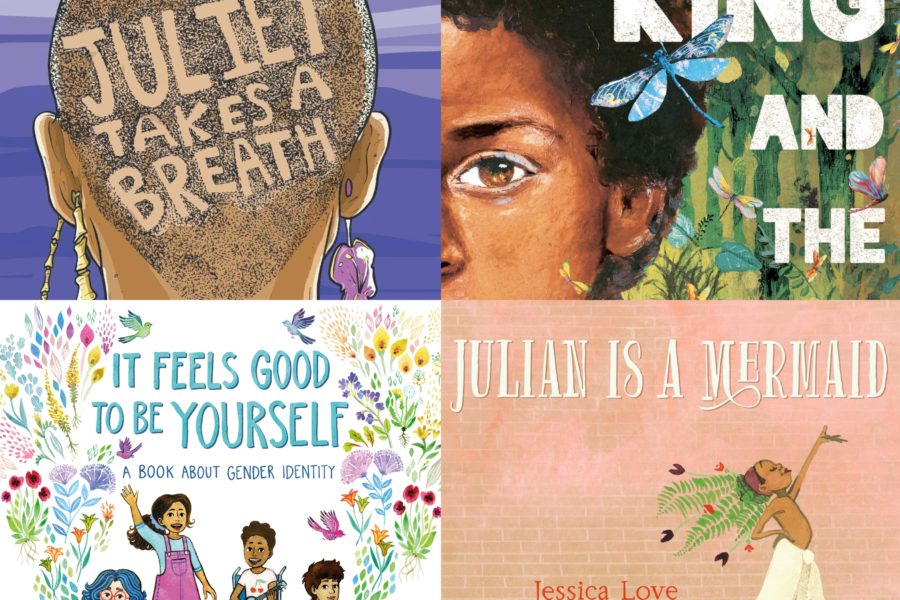Years after sitting in my 8th-grade science classroom, I still remember the jokes that my classmates would make whenever our teacher’s background would show on the screen. It was a photo of him and his husband on a trip. I’m certain he heard some of the comments and teasing, all about his sexuality, but he never once let it bother him. To some of my classmates, he was a source of laughter, but to me, he was an inspiration. As a young queer boy, he was the first openly out teacher I had and someone I consider critical to my trajectory to this day.
In their 2017 report, The Experiences of Lesbian, Gay, Bisexual, Transgender, and Queer Youth in Our Nation’s Schools, GLSEN shared that many LGBTQIA+ students express not feeling safe in their schools. This lack of sense of safety leads to being at higher risk for dropping out, chronic absenteeism, and serious mental health concerns. For me, hearing those comments forced me to keep my identity quiet, and only those closest to me knew. I was afraid of retaliation, that I would be the next target of my peer’s jokes.
But having that representation of an openly out and proud teacher shifted my own self-perception. GLSEN’s report details the impact of representation and presence of not just affirming teachers, but LGBTQIA+ educators on students. They reported a higher sense of self-esteem, and better educational outcomes. For me it was about having someone that I knew would be of support, and that I could turn to. My experience mirrors that of some many of my colleagues like Jorge Ochoa, KIPP Foundation’s Director of Career Continuum. He shared his experience of feeling supported:
“I remember running to Ms. McKeever’s classroom as fast as I could. Out of breath and wiping my tears away, I stumbled into the classroom and blurted out, “I did it…I told my mom…she cried…she said she loves me but she is hurt and confused…I don’t know what to do…what do I do?” Ms. McKeever, my English Teacher, stood up from her desk, walked over to where I was standing, and simply said, “you did all you could. I am so proud of you.” As scared as I was, I felt at ease hearing Ms. McKeever’s words. She was proud. She felt proud of me. You see, Ms. McKeever up to that point had not only been a teacher, but a mentor, the leader of our GSA, and the one adult I felt comfortable enough to share my deepest feelings and secrets. Not knowing what was to come next was daunting, but it felt a little less scary having someone there by my side,” said Jorge.
Each person’s coming out story differs and is shaped by their individual context. The intersection of being Latinx and Catholic shaped a certain sense of fear of not being accepted by those around me. By my freshman year of college, all the out educators I had encountered did not share those identities with me; although they related to being a part of the LGBTQ+ community, they had their own journeys of coming out that differed from mine. Meeting a queer Chicana professor during my first semester in college and getting to know her story of being raised in a similar household as my own was transformative. I vividly remember attending office hours and coming out to her, but also share my fears of coming out to my family. She not only understood but empowered me to share my identity with my parents and family. Her role as an out educator quite literally transformed my life.
Unfortunately, for Adzua, KIPP’s Sr. Director of Policy and Advocacy, there was a lack of LBGTQ+ representation that framed her identity. She shared:
“Regrettably, I don’t recall having any openly queer educators as a student, and when I was in the classroom I wasn’t out. As a cisgender Black femme, no one in my school knew that I was queer. Although I took great strides to teach inclusively and rejected gendered language and gender stereotypes in my classroom, I wish that I could have been the out and proud, fabulous queer femme teacher I wish I had growing up. I was a new teacher in a Southern school scared of losing my job, and for good reason. I started my career in Georgia, where there were no workplace protections from discrimination based on sexual orientation until the June 2020 U.S. Supreme Court ruling on Title VII. I wasn’t visibly queer, and I had everything to lose so I focused on my craft and stayed in the closet.”
Leaders shape leaders, and as I began my career in postsecondary counseling at KIPP SoCal, I recognized the role that I now played in students’ lives. Like Adzua, at first, I was hesitant to share my full self with students and families; a certain worry of not being accepted or being targeted for my identity continues to shape my life. However, I realized that I could now be one of the transformative educators that inspired me. I began to wear a pride lanyard to signal to students that they could be themselves with me, and whenever I was asked about my experiences in college and growing up, I included aspects of my queer identity. Throughout my journey in education, I came across many students who reached out asking for support in engaging in tough conversations with their friends, families, and other educators. I was able to draw on my own personal lived experiences to share advice with them.
For me, being an out educator is about building collective strength and empowering our students and communities to create a more welcoming and inclusive environment. Jorge shared that for him “Being out has allowed me to shift perspectives, uplift my community, and continue to drive forth with an unwavering sense of purpose as there is so much more work we need to do. There is nothing more beautiful than being able to create a space where students feel seen, heard, and understood.” For Adzua, “being out in the education field means bringing the fullness of my intersectional identity to my work and being authentically me. As a queer Black femme in policy and advocacy, I came to this work because of my commitment to liberation and desire to make the country a more just, inclusive, and equitable place.”
Let’s continue to flip the script, challenge narratives, and embrace our identities. That is the calling of an out educator.
Author: Chris Reynoso, Sr. Manager of External Impact – KIPP Foundation





